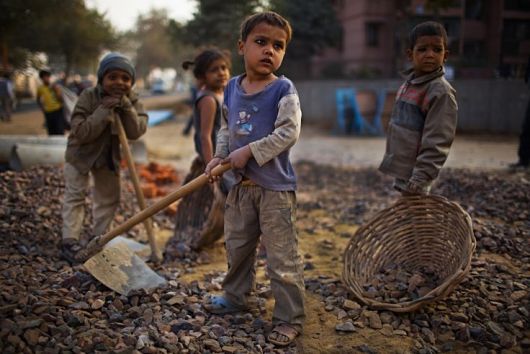The Modern Slavery Act and What It Means

There are more slaves in the world now than any other period of time in human history. These slaves range from young children captured by warlords to do their bidding, to men and women captured to be used as sex slaves. For many years these individuals have been forced to live hidden lives, ashamed of past actions and often worried of facing prosecution for actions carried out while they were enslaved. The United Kingdom has taken the first step of providing solace to these victims with the passing of the Modern Slavery Act of 2015.
The United Kingdom is estimated to house between 10,000 to 13,000 slaves working as prostitutes, servants and workers who live on meager or no wages. These individuals live in constant fear of the traffickers who brought them to the UK and have witnessed atrocities beyond what most have endured. For several years, the laws have been unclear as to how to handle victims of trafficking and this has led to arrests and harsh treatments of several victims rather than their traffickers.
The Modern Slavery Act will effectively protect trafficking victims and prosecute perpetrators.
As the main supporter of the bill, Home Secretary Theresa May said, “This landmark legislation sends the strongest possible signal to criminals that if you are involved in this vile trade you will be arrested, you will be prosecuted and you will be locked up. And it says to victims, you are not alone – we are here to help you.”
This bill proposes increasing traffickers’ jail time from the current 14 years to a lifetime sentence instead. It also provides trafficked workers with overseas domestic work visas, protection and counseling for anything that might have occurred while they were enslaved. While legislation and increased presence from law enforcement may only be the start, it is a step in the right direction. The UK has become the first country to make strict laws and regulations regarding trafficking; for years, traffickers have been using loopholes in the system in order to keep their businesses alive.
Most of the people who are trafficked into the system come from poor families in developing nations who are in desperate need of money. Traffickers promise individuals jobs in outside countries that would allow them to support their families, and while they may get jobs none of the money they earn goes back to their families. If people instead were promised education in local areas, if they no longer had to worry about being stolen away in the night, imagine the innovation that would come with that peace of mind.
While there are a few issues with the bill, time and experience will determine if the bill will be successful.
The developing world needs all the help it can get in order to succeed in becoming a competitor in the global market. This act allows people to stay in their home countries, get the counseling and education they need in order to prosper and ensures that traffickers will be prosecuted to the best of the ability of the law.
– Sumita Tellakat
